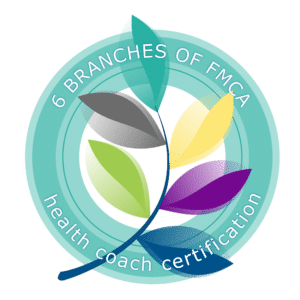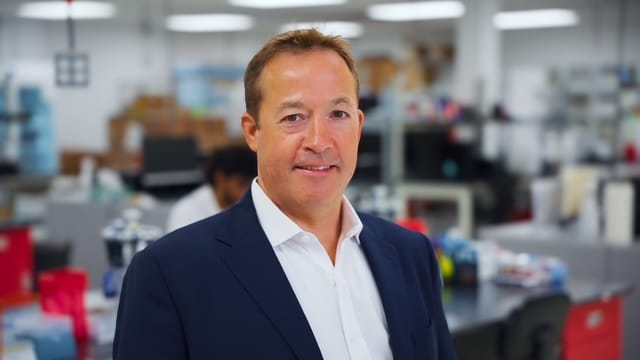Health coaching has emerged globally as a powerful service market with a strong growth outlook. The industry is now forecasted to be a $7 billion service market, according to Marketdata LLC. There are currently an estimated 128,000 health coaches and health educators already in the workforce, advising and motivating clients to make lasting lifestyle and behavioral changes. This growth is due in part to the numerous research studies proving the effectiveness of clients working with a health coach, both in and out of the medical practice.
What Makes a Health Coach so Effective in Creating Lasting Lifestyle and Positive Behavior Change?
Coaching isn’t one-size-fits-all—it’s personalized and client-centered.
Great coaches come from every professional background, including psychology, business, communications, education, fitness, real estate, and healthcare. As each coach’s background differs, so does their approach to coaching. The qualities and experiences each coach brings help to define their unique coaching style.
The Six Branches of Functional Medicine Health Coaching

As a health coaching student at the Functional Medicine Coaching Academy, you will learn the 6 Branches of our Health Coaching Certification Program:
- The Principles of Functional Medicine,
- The Principles of Functional Nutrition,
- Positive Psychology,
- Mind-Body Medicine,
- the Art & Science of Coaching, and
- the FMCA Career Navigator.
We are the only program designed in collaboration with The Institute for Functional Medicine (IFM), which means you will graduate with the ability to “speak the language of Functional Medicine” with IFM practitioners.
The Art & Science of Health Coaching
Health Coaches do not diagnose, treat, prescribe, interpret medical results, write food plans, or recommend supplements. They stay within the scope of practice, which means they are their clients’ guide, accountability partner, and educator, to collaborate with clients on their personal goals, or protocols prescribed by a doctor.
As a student at FMCA, you will learn how to structure coaching sessions using fundamental methods such as setting the stage, creating rapport, and gauging client readiness. You will learn essential coaching skills and tools taught to you by experts including Monique Class MS, APRN, BC, Meg Jordan, PhD, and Beth Frates, MD, to get to the root cause of health issues and facilitate lasting lifestyle change. Here are just a few of the coaching techniques we teach:
- The coach approach is foundational to creating a connection based on trust, commitment, and caring. This will enable deep and meaningful coaching relationships, using positive psychology strategies such as P.E.R.M.A.
- Motivational Interviewing (MI) is a person-centered way of communicating that creates a self-reflective environment supportive of behavior change through four processes (engaging, guiding, evoking, and planning). MI is collaborative, involves empathic listening, and inspires trust, rapport, and self-awareness.
- S.M.A.R.T. goals assist in clarifying ideas and focusing efforts by using time and resources productively. S.M.A.R.T. stands for:
- Specific – simple, sensible, significant
- Measurable – meaningful, motivating
- Achievable – agreed, attainable
- Relevant – reasonable, realistic and resourced, results-based
- Time-bound – time-based, time-limited, time/cost-limited, timely, time-sensitive
- Identifying the stages of change is a key component of coaching. Understanding where your clients are in the change process gives you the awareness to help direct and inform the coaching conversation toward the transformation that the client aspires to achieve.
With an extensive array of health coaching tools and techniques, Functional Medicine Certified Health Coaches (FMCHC) are able to meet clients where they are, and facilitate transformational change! Explore how you can start a transformation through Functional Medicine Health Coaching.
Want to Learn More About Becoming a Functional Health Coach?
Download our Free Prospective Student Guide
Our Latest Blogs
-

Would You Be a Good Health Coach?
Read Full Article: Would You Be a Good Health Coach? -

Food Sensitivity Testing 101: Supporting Clients with Inflammation and Gut Issues
Read Full Article: Food Sensitivity Testing 101: Supporting Clients with Inflammation and Gut Issues -

Protein 101: The Health Coach’s Guide
Read Full Article: Protein 101: The Health Coach’s Guide

